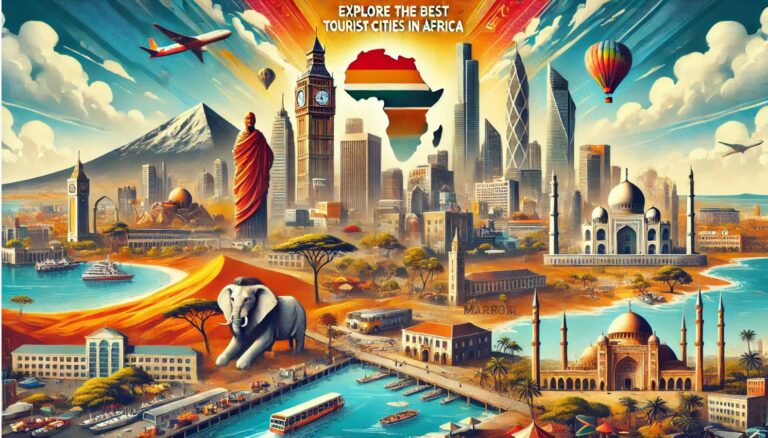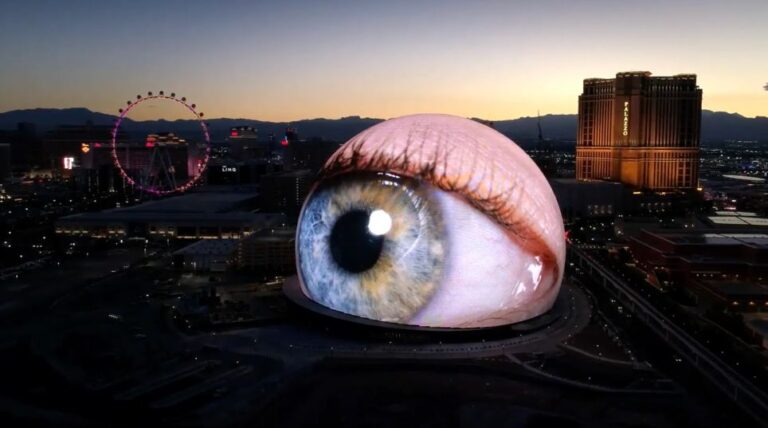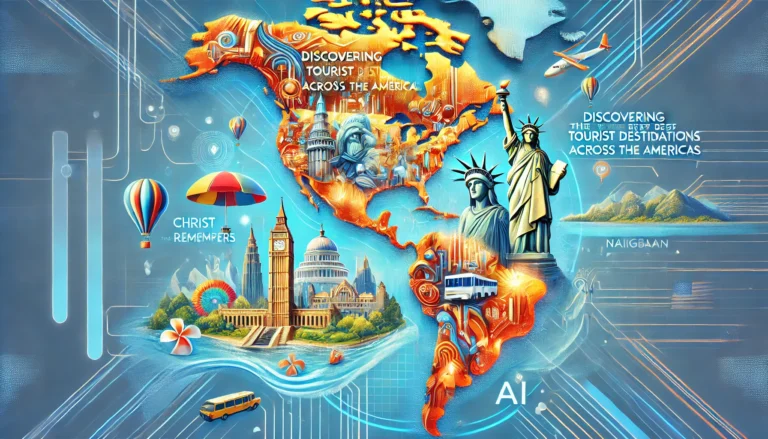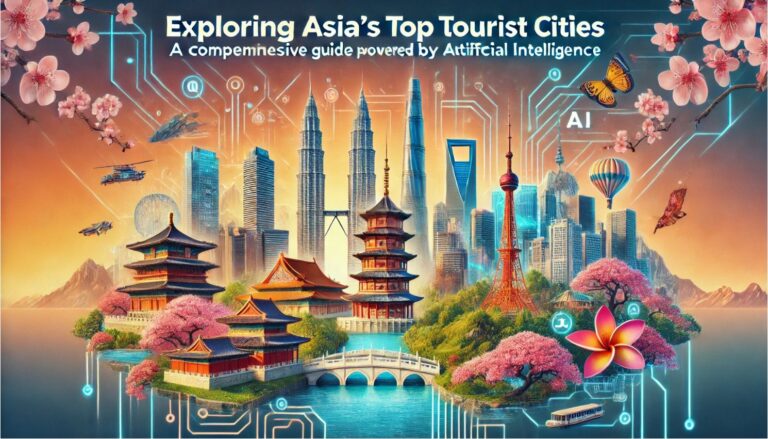**Morocco: A Mosaic of Cultures, Landscapes, and Experiences**
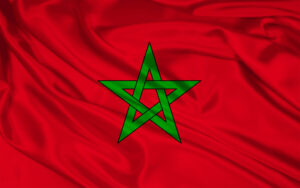
Nestled between the Atlantic Ocean and the Mediterranean Sea, with the Atlas Mountains as its spine and the vast Sahara Desert to the south, Morocco offers a rich and diverse landscape that is nothing short of mesmerizing. Its strategic location at the crossroads of Europe, Africa, and the Middle East has shaped its cultural, architectural, and culinary heritage into a unique tapestry that draws millions of tourists every year.
1. **A Blend of Cultures and History**
Morocco’s cultural heritage is a captivating blend of Arab, Berber, and European influences. As you wander through its medinas (old towns), you’ll be transported back in time. Cities like **Marrakech**, **Fes**, and **Meknes** are steeped in history, with their narrow alleyways, vibrant souks, and centuries-old palaces and mosques.
**Marrakech**, known as the “Red City,” is a major attraction for its lively **Jemaa el-Fnaa** square, where storytellers, musicians, and snake charmers perform daily. Its gardens, like the **Majorelle Garden**, and historical landmarks, such as the **Koutoubia Mosque** and **El Badi Palace**, provide glimpses into the grandeur of Morocco’s past.
Meanwhile, **Fes** is renowned for its medieval architecture and the **University of Al Quaraouiyine**, the world’s oldest continuously operating university. The city is also famous for its tanneries, where leather is still dyed using traditional methods.
2. **Natural Wonders: From Mountains to Desert**
Morocco’s diverse geography makes it a playground for nature lovers. The **High Atlas Mountains** offer some of the best trekking opportunities in North Africa. Adventurers can hike to the summit of **Mount Toubkal**, the highest peak in the region, or explore the Berber villages nestled in the valleys.
For a completely different experience, head to the **Sahara Desert**, where the golden dunes of **Merzouga** provide the perfect setting for a camel trek at sunset. Spending a night under the stars in a desert camp is an unforgettable experience, offering a peaceful contrast to the bustling cities.
The coastline of Morocco, stretching over 1,200 miles, is home to a variety of beautiful beaches. The windswept city of **Essaouira** is a favorite for surfers, while the more relaxed town of **Agadir** offers family-friendly resorts and pristine sands.
3. **Vibrant Cities and Modern Experiences**
While Morocco’s ancient medinas are a highlight for history buffs, its modern cities also offer vibrant contemporary experiences. **Casablanca**, the economic capital, is known for its **Hassan II Mosque**, one of the largest in the world, and its modern art galleries and shopping districts.
The capital, **Rabat**, blends old and new with its **Kasbah of the Udayas**, the historic medina, and modern boulevards lined with palm trees. Rabat is also home to royal palaces and key government institutions, giving it a unique blend of tradition and modernity.
4. **Moroccan Cuisine: A Feast for the Senses**
One of Morocco’s biggest draws for tourists is its cuisine. Rich in flavors and spices, Moroccan dishes are a reflection of the country’s diverse influences. The iconic **tagine**, a slow-cooked stew made in a clay pot, comes in countless varieties, from lamb with prunes to chicken with preserved lemons and olives.
Other must-try dishes include **couscous**, traditionally prepared on Fridays, and **pastilla**, a sweet and savory pie filled with pigeon or chicken, almonds, and cinnamon.
Food markets, such as those in Marrakech’s souks, offer a sensory overload with stalls selling everything from aromatic spices and olives to freshly baked bread and sweets like **chebakia** and **m’hanncha**.
5. **Morocco’s Souks: A Shopper’s Paradise**
No trip to Morocco is complete without getting lost in one of its famous souks. These labyrinthine markets are where tourists can find traditional crafts, including colorful pottery, intricate carpets, leather goods, and lanterns. Each region of Morocco has its own specialties, whether it’s the **leatherwork** of Fes, the **rugs** of the Atlas Mountains, or the **argan oil** from the southwest.
6. **A Warm Welcome and Hospitality**
Moroccans are known for their hospitality. The concept of “**ziyara**” (guest welcome) is deeply embedded in Moroccan culture, and tourists are often treated like family. A stay in a **riad**—a traditional Moroccan house with an interior garden or courtyard—is a great way to experience this hospitality firsthand. These homes, often converted into boutique hotels, provide a tranquil retreat from the chaos of the city and offer guests a chance to unwind in beautiful surroundings.
Conclusion
With its breathtaking landscapes, rich cultural heritage, and warm hospitality, Morocco is a destination that offers something for every kind of traveler. Whether you are looking to immerse yourself in history, indulge in delicious food, or embark on an adventure through mountains and deserts, Morocco promises an unforgettable journey into a land of contrasts and beauty.



